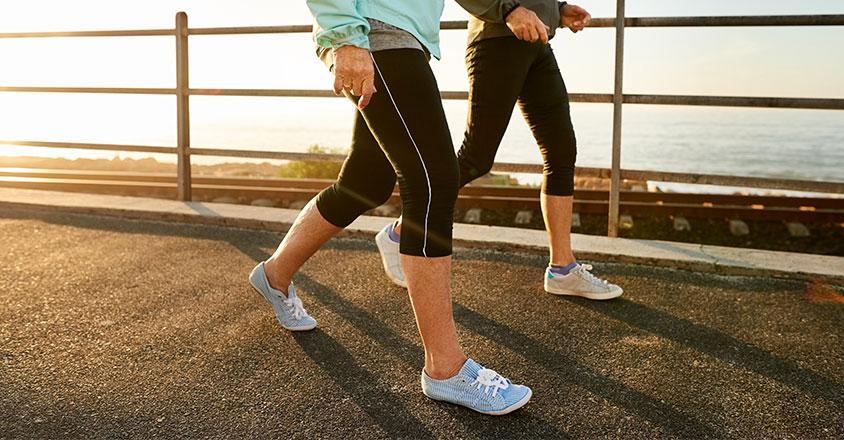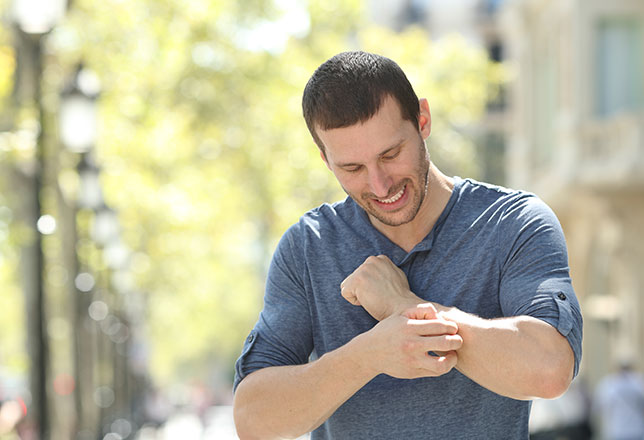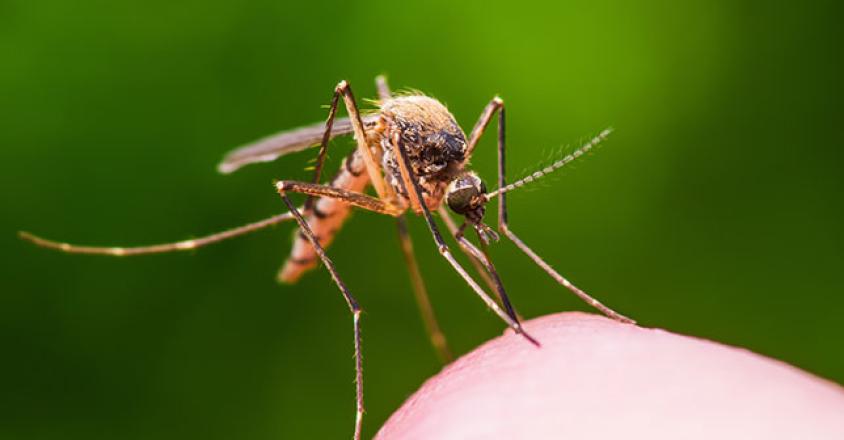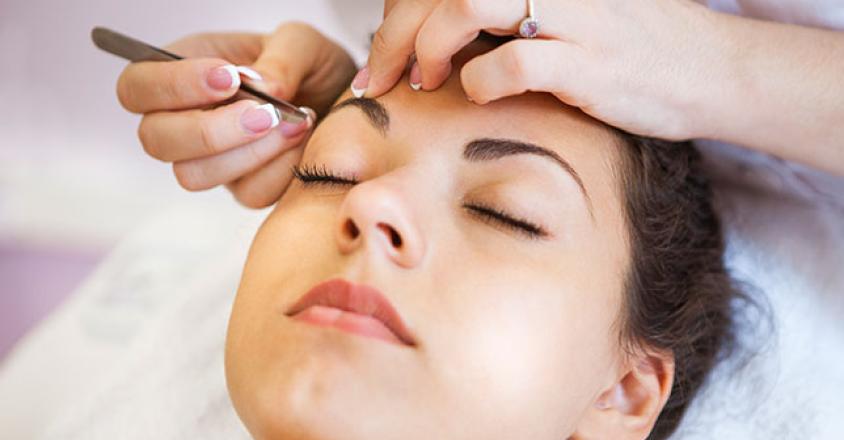The benefits of walking: follow these easy steps
You’ve been doing it almost your whole life – taking steps. Most of us take the ability to walk for granted, but in the last few years the number of steps we take has become a feat to track. Do you know the benefits of walking and tracking the steps you take? Walking is one the of best things you can do to be more active, and you don’t have to take one long walk all at once for it to benefit your health. Tracking steps from an app on your phone, a pedometer or other wearable devices are ways to monitor your activity. If you start to track your steps, you may be surprised to learn how little exercise you were getting before you began counting steps.
Any physical activity, including walking, is a benefit to your overall health, but walking comes with some surprising benefits.
1. It counteracts the effects of weight-promoting genes. Harvard researchers looked at 32 obesity-promoting genes in over 12,000 people to determine how much these genes actually contribute to body weight. They discovered among the study participants who walked briskly for about an hour a day, the effects of those genes were cut in half.
2. It helps curb cravings. A pair of studies from the University of Exeter found that a 15-minute walk can curb cravings for chocolate and even reduce the amount of chocolate you eat in stressful situations.
3. It reduces the risk of developing breast cancer. An American Cancer Society study that focused on walking found that women who walked seven or more hours a week had a 14% lower risk of breast cancer than those who walked three hours or less per week. This protection included women with breast cancer risk factors, such as being overweight or using supplemental hormones.
4. It eases joint pain. Several studies have found that walking reduces arthritis-related pain, and that walking five to six miles a week can even prevent arthritis from forming in the first place. Walking protects the joints — especially the knees and hips, which are most susceptible to osteoarthritis — by lubricating them and strengthening the muscles that support them.
5. It boosts immune function. Walking can help protect you during cold and flu season. A study of over 1,000 men and women found that those who walked at least 20 minutes a day, at least 5 days a week, had 43% fewer sick days than those who exercised once a week or less. And if they did get sick, it was for a shorter duration, and their symptoms were milder.
6. Improves your mood. Walking releases natural painkilling endorphins to the body – one of the emotional benefits of exercise.
When you take steps to track your steps, find your activity level. In the first week, don’t change your routine but track your activity level. Set a goal for the second week. At first, try to add 300 to 500 steps to your day. Then work toward 2,000 more steps a day, which adds about one mile, or 20 minutes of walking to your routine. Compare how well you’re doing from one week to the next, and work to increase the number of steps.
Talk to your health care provider before you begin an exercise routine.
Genesis HealthCare System’s Health and Wellness content conveniently provides accurate and helpful information. Your health history and current health may impact suggestions provided through our Health and Wellness content. Although we hope this information is helpful, it is not a substitute for your doctor's medical advice. Before making any significant changes, please consult your doctor.
























